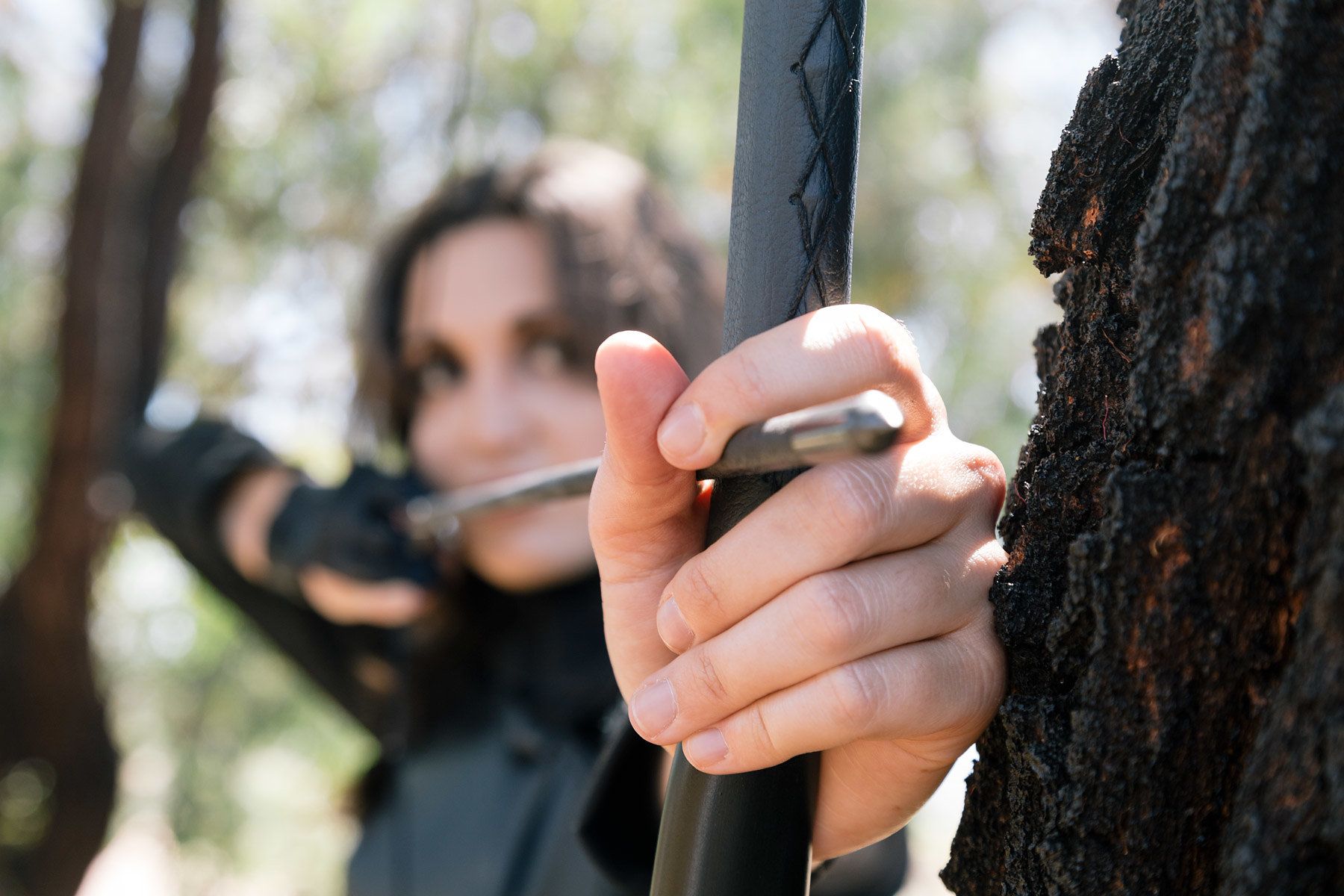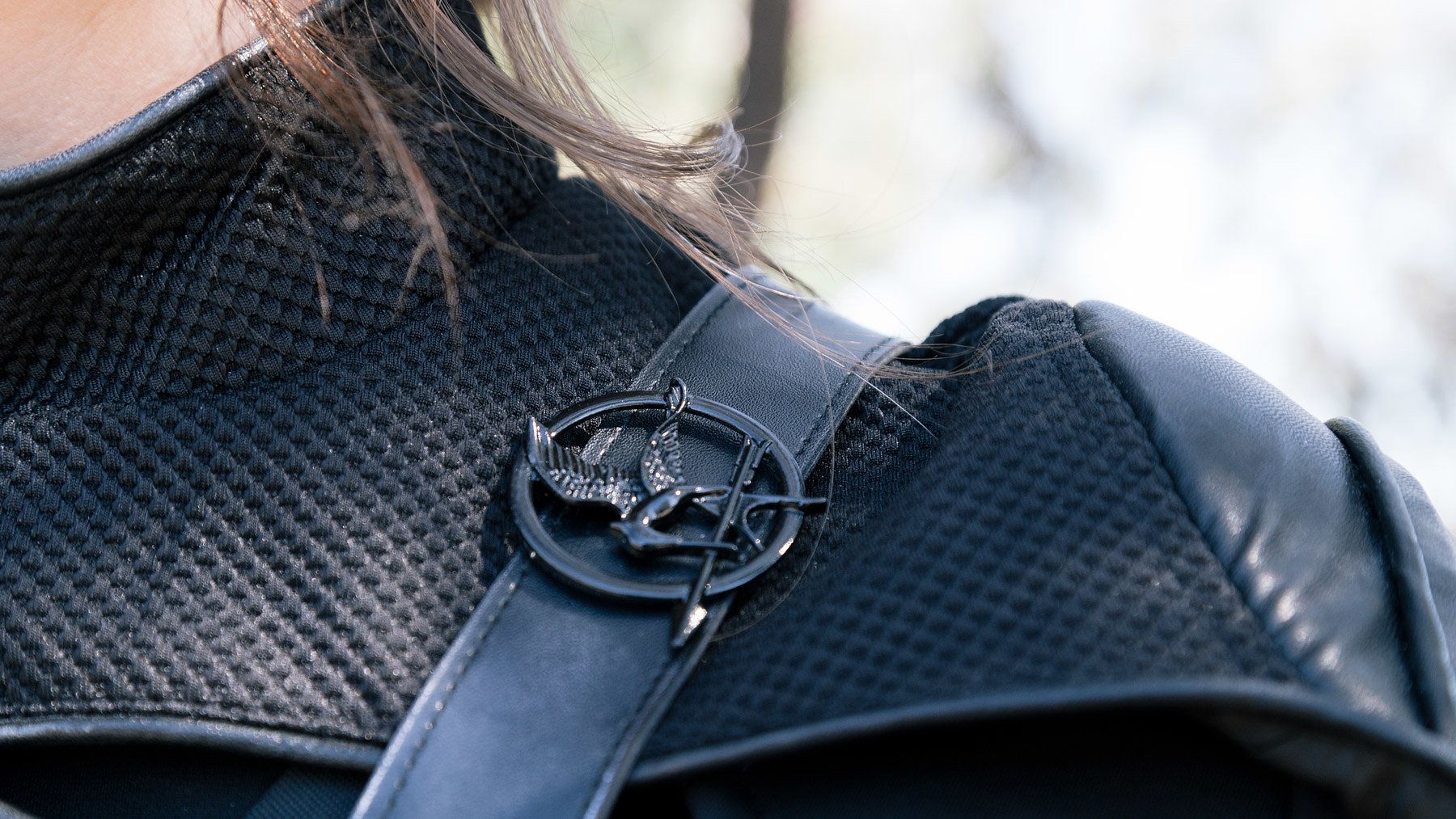As a note to this post, I am answering these questions from my understanding of the world as an Orthodox Christian. Whether you share my worldview or not, I pray that my personal reflections below inspire you to think more deeply about yourself. And how those so-called “insignificant” thoughts truly do impact our world.
- The philosopher Thomas Hobbes believes that human beings are selfish creatures at their core, and that in a state of nature, life would be “solitary, poore, nasty, brutish, and short” - a view shared in The Ballad of Songbirds and Snakes by Dr. Gaul. Do you agree or disagree with Hobbe’s and Gaul’s assessment of human nature? On what points do you agree with Gaul’s philosophy of governance, and on what points to you disagree?
I disagree with Hobbe’s and Gaul’s assessment of human nature generally speaking, because I believe that human beings are selfless and loving at their core, just like God, who is Love. However, because we live in a fallen world, as a result of sin entering it and our own personal sins filling the atmosphere, we continually hurt the ones we profess to love, by holding onto every wrong committed against us. However because of this, I do agree with one of Dr. Gaul’s points on the philosophy of governance, and that is this: we do need able leaders to help maintain the peace in our lands, only because people simply refuse to govern themselves. - Though Gaul is one influence of Coriolanus, there are other influences with other worldviews also talking to him. In her interview for this edition, Suzanne Collins says, “Sejanus fights the good fight for Locke, as does Lucy Gray, who picks up the mantle for Romanticism as well.” What are the strengths of Sejanus’s and Lucy Gray’s respective arguments? What are the weaknesses? Which influence do you feel prevails on Coriolanus…and why?
The strengths of Sejanus’ and Lucy Gray’s arguments is that it takes into account that man is not inherently bad. That we have the capacity to be decent and respectful to one another of our own free will. Their weaknesses, at least from my perspective, is that Sejanus and Lucy Gray communicate these worldviews from an equally selfish perspective, while lacking the influence and impact of Dr. Gaul. Which also calls in to question, what is the “good” Sejanus and Lucy Gray are claiming to support? (I’ll leave that for you to ponder.) But as for Coriolanus, I think the reason why Dr. Gaul’s worldview prevails on him is because it feeds his ego and lust for control, passions he could have gained control over, if he had learned the power of forgiveness. - In the first chapter of Ballad, Suzanne Collins writes of Coriolanus, “His only real currency was charm.” Why is this…and how does it shape Coriolanus’s character?
His once wealthy family is penniless after the war, mostly due to his family’s fortune being tied up in the nuclear ammunitions of the now obliterated District 13. The loss of his family’s wealth in the war has embittered him toward the Districts, for a couple of reasons. First, he personally blames them for the downfall of his family and the Capitol’s prestige. Second, he can’t stand that his once illustrious family and city are now at the mercy of “new money” that comes from the Districts. In order to maintain his sense of comfort and control, he charms everyone around him into thinking he’s just as powerful as he’s always been. - Why do you think Gaul chose to send Coriolanus into the arena? What does this experience reveal about Coriolanus’s nature?
1. The following quote by Dr. Gaul perfectly articulates why I think she sent Coriolanus into the area:
“You can blame it on the circumstances, the environment, but you made the choices you made, no one else. It’s a lot to take in all at once, but it’s essential that you make an effort to answer that question. Who are human beings? Because who we are determines the type of governing we need. Later on, I hope you can reflect and be honest with yourself about what you learned tonight.” Dr. Gaul began to wrap his wound in gauze. “And a few stitches in your arm is a cheap price to pay for it.”
She baited him, preyed on his fear of lack of control and order, and made him start to believe in her personal views of human nature. 2. This next quote, Snows reaction to the quote above, answers the second question well:
“Coriolanus felt nauseous at her words but even more enraged that she had forced him to kill for the sake of her lesson. Something that significant should have been his decision, not hers. No one’s but his. “So, if I’m a vicious animal, then who are you? You’re the teacher who sent her student to beat another boy to death!”
“Oh, yes. That role has fallen to me.” She neatly finished the bandage off.
What this revealed to me about Coriolanus was that despite the show he puts on for everyone, he is terrified of losing his own life and that he refuses to take ownership for his own actions. Much like Dr. Gaul just pointed out to him, it was his choice, not hers, to bludgeon Bobbin as he was leaving the arena. Actually, all of it was Snow’s choice. He didn’t have to go into the arena at all. Not really. He could’ve suffered the consequences of non compliance. And even if he did, he didn’t have to viciously put Bobbin to death. In my opinion, based on the text, one blow would’ve been enough to get him and Sejanus to and through the gates. Every blow after that first one, was no longer self-defense. It was the hatred he’s held in his heart for all these years after the Districts started the war and subsequently ruined his life. None of that was Dr. Gaul, it was all him and his choices. It breaks my heart that he can’t see that. - Ma Plinth clings to a few relics of “home” - that is, her previous home in District 2, even though she’s now a wealthy citizen of the Capitol. How do notions of home shape the different characters within the book?
These notions of home help to comfort and remind the different characters of who they really are. As in Ma and Sejanus’ cases, their relics keep in the forefront of their minds that they will always be District 2 citizens at their core. As such they have an appreciation for the smaller things in life as they struggle with adapting to a new way of life. Same concept, different application I think is true for both Snow and Lucy Gray. Snow’s relics make him more proud of his up bringing and Lucy Gray’s relics help her connect with the natural flow of all things. All of this reminds me of the saying “home is where the heart is.” Home is where one finds a place of rest and peace. A place to escape from the terrors of this world in order to recoup and re-engage with it again after a brief reprieve. - How is The Ballad of Songbirds and Snakes structured like a ballad? Songs are used throughout the book to great effect. How does Collins use song craft to convey character and backstory? How do the songs sometimes foreshadow or form the events that later play out, both in this book and in the Hunger Games trilogy? In particular, how does the story of Lucy Gray in the ballad reflect the life of Lucy Gray Baird?
1. I think the novel is structured like a ballad in that most of the story is establishing the way things are, driving toward this hope of beautiful change and renewal… only to have it come crashing back to it’s horrible pre-established reality. 2. Collins uses the songs of Lucy Gray Baird to help her tell her own personal story, whether that be of her childhood, how she lost her lover back home in District 12, or her perspective on the way of the world. It gives us as the reader insight into the mystery that is miss Lucy Gray Baird. 3. Collins uses song craft to foreshadow events both in Ballad but also in The Hunger Games by revealing the irony and stubborness of Snow in particular. Three songs draw this out for me: “Sell you for a Song,” “Pure as Driven Snow,” and “The Hanging Tree.” “Sell you for a Song” I think speaks to both Billy Taupe and Snow, since they both have an overbearing desire to control the everything around them. There’s the irony of “Pure as Driven Snow” since I wouldn’t consider Coryo pure as snow by any stretch of the imagination, with maybe the exception of his will power to succeed. I really don’t have to say much with “The Hanging Tree,” except that like Snow, whether it was addressed to him or Billy Taupe we will never really know. However, I will say this, neither of them were truly willing to answer the call of Lucy Gray Baird to abandon everything for her. But how they tie to the trilogy 64 years later? Well, Katniss knows both “The Hanging Tree” and “Deep in the Meadow,” both of which she learned from her father, who must of known the Covey in some way. Honestly, I think it’s when Katniss sings “Deep the Meadow” to Rue in the 74th games that this is probably the moment when President Snow’s obsession with her began. The ghost girl from his past has returned to once again challenge everything’s he’s worked so hard to rebuild and maintain. 4. And as with the connection between Lucy Gray and Lucy Gray Baird, just as with the poem, Lucy Gray Baird disappears and is pretty much forgotten, leaving an unsolved mystery for people to gander over if they wish to. - Lucy Gray says that she finds Coriolanus trustworthy. Do you think she’s right to do so? Do you think there was ever a chance that he could have proved himself worthy of her trust? What role does love play in the dueling constructions of human nature on display in the novel?
1. When Lucy Gray says this, I’m hard pressed to believe the brevity of her words. I honestly think she just said this to gain Coryo’s support to protect her at all costs. 2. I do think Snow proved he was worthy of her trust, in that on a number of occasions put his own life and reputation on the line for her. But since most that was self-motivated, I still can’t unequivocally say that Snow is a trustworthy person. 3. “Love” so called, plays in the dueling constructions of human nature in that in brings both characters to the cliff of compromise, which I believe is an essential ingredient of any successful relationship. It forced them to ask themselves, am I willing to forgo my own way for the way of the other? To change the way I think of and see the world in order to become a better person for the other’s benefit? Both of them could’ve learned a lot from each other and it’s a shame they didn’t put their guards down enough to make it happen.

